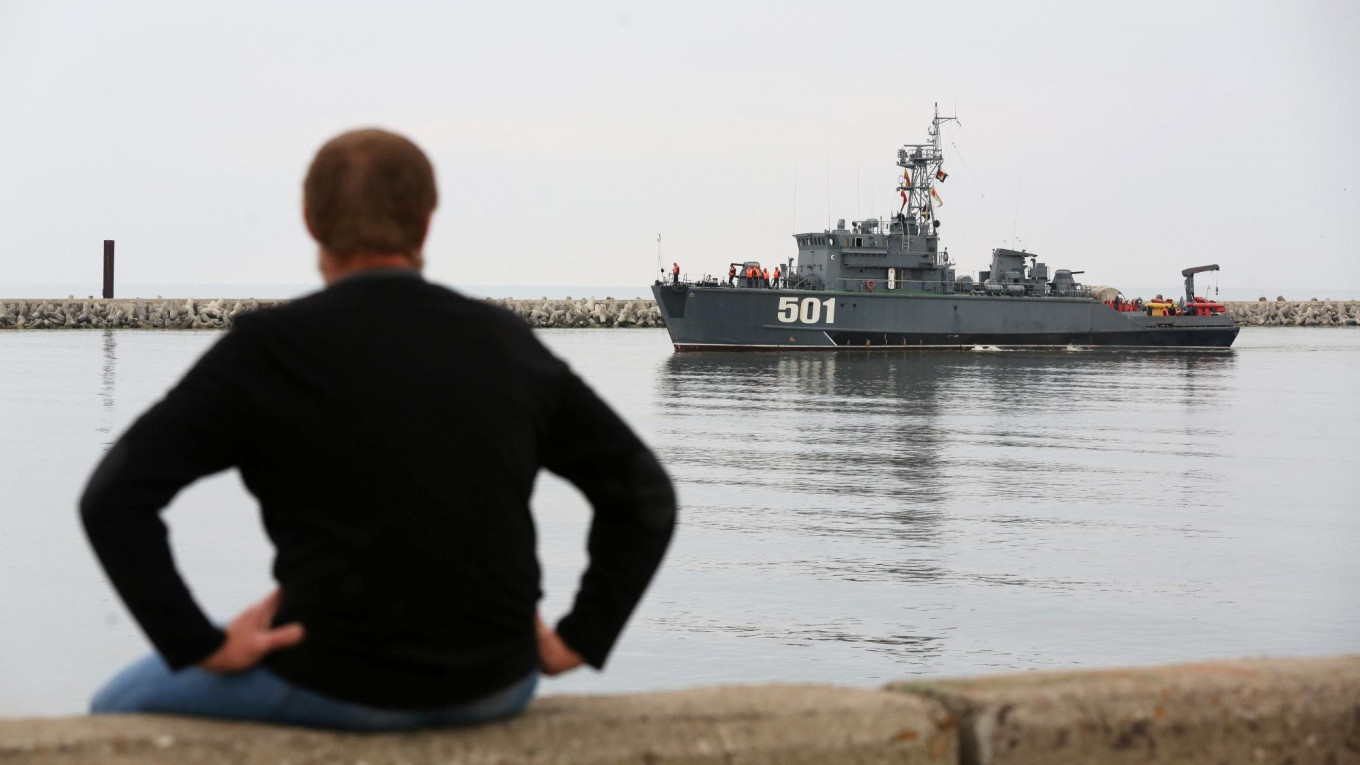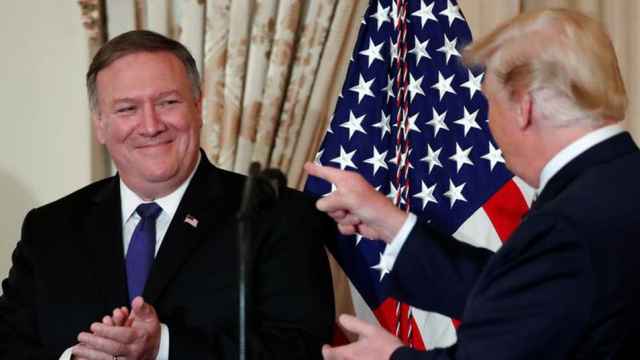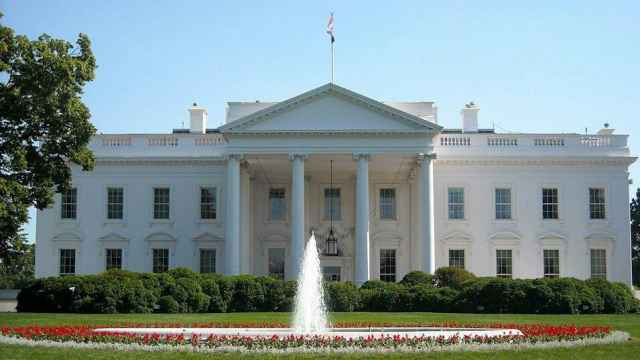(Bloomberg) — Russia plans to limit the number of airbases the U.S. can use to launch reconnaissance flights under the Open Skies Treaty, in a fresh sign of its deteriorating relationship with Washington.
The restrictions will be introduced Jan. 1 in response to U.S. measures to limit Russian military flights in its airspace, said Georgy Borisenko, head of the Foreign Ministry’s North American department, according to the state-run RIA Novosti news agency.
The move is a rollback of an agreement in place since 1992, one of a series of arms-control deals intended to foster trust and transparency as the relationship between the nuclear superpowers thawed at the end of the Cold War.
In June, the U.S. accused Russia of violating the treaty by limiting flights over its Kaliningrad enclave in Europe and later took steps to limit flights over Alaska and Hawaii.
With relations between Washington and Moscow at their lowest point in decades, each side has accused the other of violating agreements, including the 1987 Intermediate-Range Nuclear Forces treaty.
The U.S. this month committed to sending defensive weapons to Ukraine, drawing an angry response from Moscow, which supports separatists fighting in two eastern regions.
Amid accusations of Kremlin meddling in the 2016 U.S. presidential election, Washington is stepping up sanctions on Russia. Last week, as the U.S. added the names of several prominent Russians to its sanctions list, Russian President Vladimir Putin approved a plan to issue special bonds to allow wealthy local investors worried about being targeted to bring money back into the country.
Kaliningrad is one of Russia’s most militarized regions, home to the Baltic Fleet and short-range missiles deployed in response to a U.S. missile-defense system in Europe that the Kremlin says is fomenting a new arms race. Its position as the country’s westernmost territory, wedged between NATO members Poland and Lithuania, makes it a potential flashpoint.
Complaining of Russian limits on Open Skies flights over Kaliningrad, the U.S. countered with restrictions to missions over Alaska, where interceptors that form part of its missile shield are positioned, and Hawaii, the base of the Pacific Fleet.
A Message from The Moscow Times:
Dear readers,
We are facing unprecedented challenges. Russia's Prosecutor General's Office has designated The Moscow Times as an "undesirable" organization, criminalizing our work and putting our staff at risk of prosecution. This follows our earlier unjust labeling as a "foreign agent."
These actions are direct attempts to silence independent journalism in Russia. The authorities claim our work "discredits the decisions of the Russian leadership." We see things differently: we strive to provide accurate, unbiased reporting on Russia.
We, the journalists of The Moscow Times, refuse to be silenced. But to continue our work, we need your help.
Your support, no matter how small, makes a world of difference. If you can, please support us monthly starting from just $2. It's quick to set up, and every contribution makes a significant impact.
By supporting The Moscow Times, you're defending open, independent journalism in the face of repression. Thank you for standing with us.
Remind me later.






